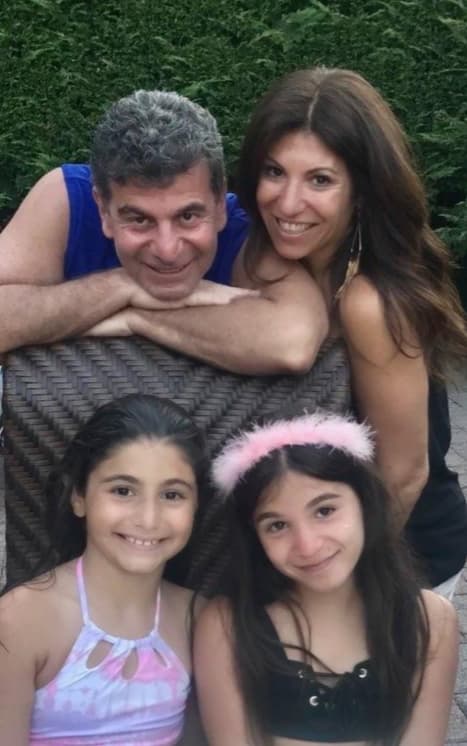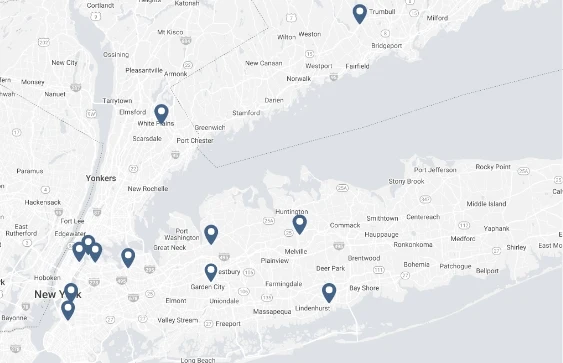
It was at the urging of Lori’s close friend that she decided to go for her annual mammogram. Although Lori worked in healthcare public relations and supervised the FDA approval of Femara and the re-launch of silicone breast implants, she had not scheduled an exam in over five years.
During her appointment, seven months later, doctors mentioned a small area of concern in her right breast and advised her to schedule a biopsy immediately. Not believing that it would result in anything serious, she made the appointment for the following week.
“I never thought it would happen. Not in a million years,” said the 45-year-old mom of two. But when her phone rang a week later, it was confirmed that she had Stage 1 breast cancer. “When the doctor called to give me the diagnosis, I couldn’t hear a thing. I had to give the phone to my husband,” she said.
In the days following her diagnosis, Lori called the only two people she knew who had breast cancer and asked for their surgeon’s information. During a consultation with New York-based breast surgeon Dr. Beth Siegel, it was recommended that Lori undergo a lumpectomy followed by radiation. Lori agreed and scheduled her pre-op. But the week before her surgery she was introduced to a few breast cancer survivors who opted to have bilateral mastectomies. As she spoke with them and gathered more information, she realized that this was the best approach for her.
“I was healthy, and my daughters were very young,” she said. “I thought about the rate of reoccurrence and realized it would be easier for me to go through an invasive surgery now rather than years down the road when my children would be older, and I might not be as healthy.”
Another reason for the bi-lateral mastectomy is that Lori said she never really liked her natural breasts. “My breasts were very small, and I always had issues buying clothes or getting shirts to fit me correctly,” she explained. “Knowing that I could have the breasts that I’ve always wanted, took my mind off of the cancer and put me in a more positive headspace.”
Lori’s mastectomy was done by Dr. Seigel followed by reconstructive surgery by Dr. Jerry W. Chang, whose amazing credentials and calm demeanor made her feel extremely comfortable. Her support system also included her husband, siblings, and a few close friends, but overall, she decided to keep her diagnosis and surgery to herself.
“I was in what I call ‘information-gathering mode’,” Lori said. “My mind was focused on figuring out the best course of action, talking to others who had breast cancer, and ensuring that the surgery went well before sharing the news with my extended group of friends and family.”
Lori says keeping a diagnosis quiet may not be everyone’s approach, but it is the thing that always felt the healthiest and best for her. “You just don’t know how you will react to a diagnosis or what you will feel or do unless you go through it,” she says.
In fact, this year marks her five-year anniversary and she celebrated by attending her very first cancer walk (or should we say drive-through thanks to COVID). What changed her mind this year: “When your 10-year-old comes up to you and says that she wants to celebrate that her mother is still alive, you realize that this horrible disease is not just about you. It impacts all of your loved ones whether you try to keep it to yourself or not.”

